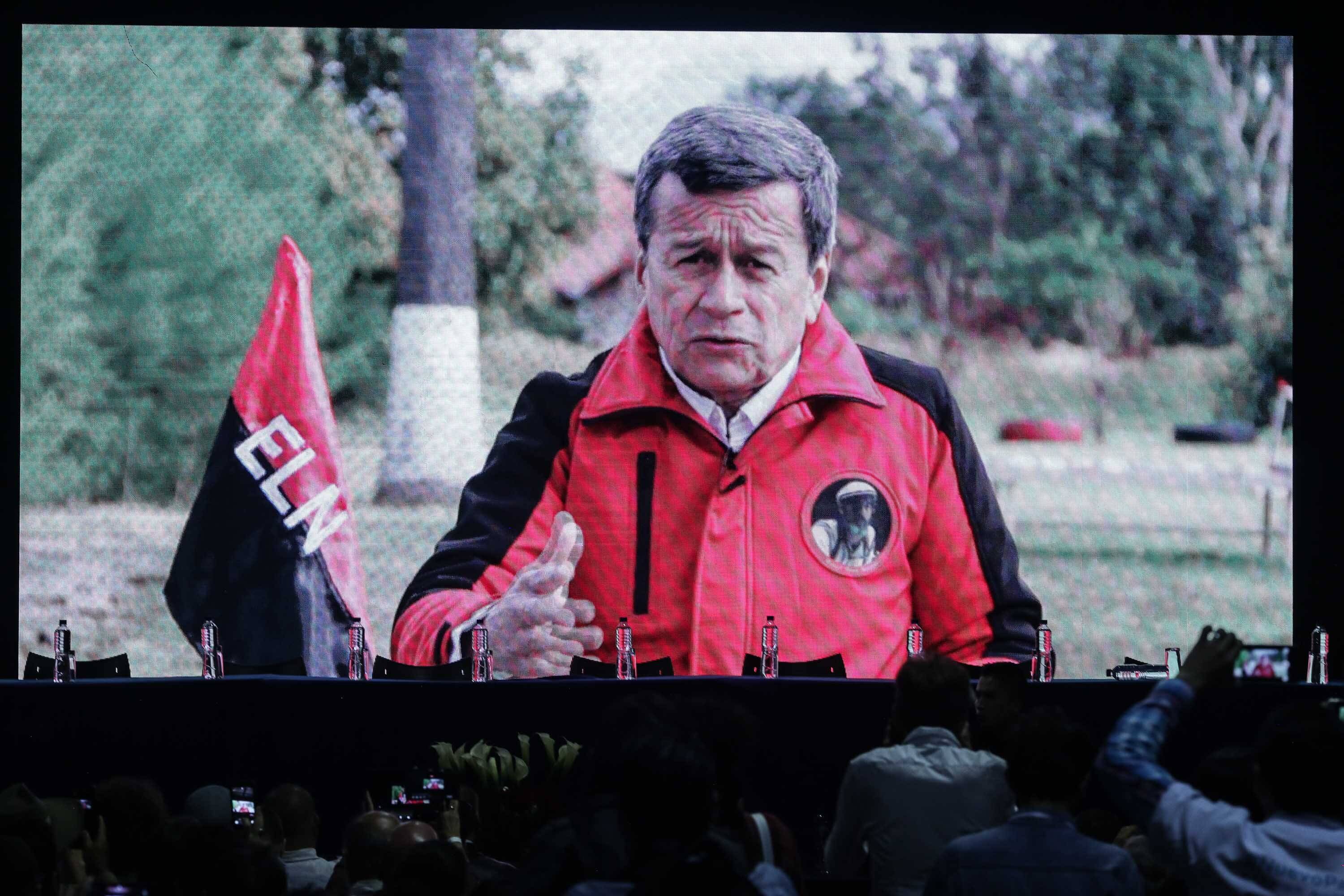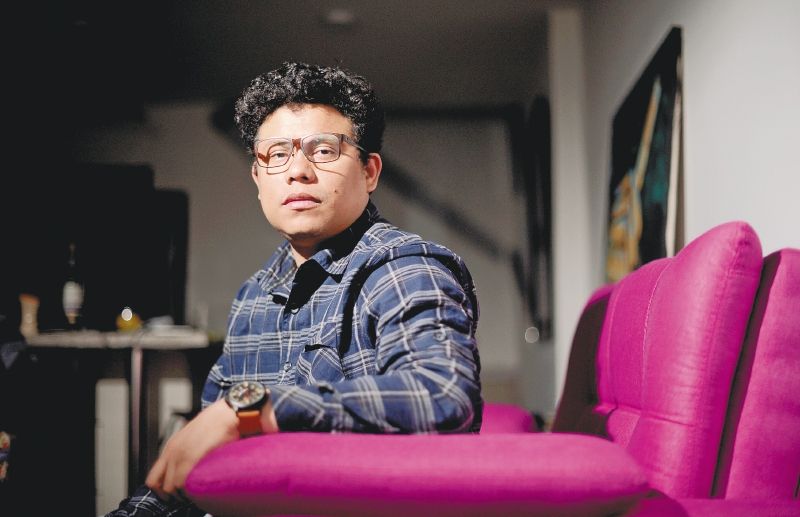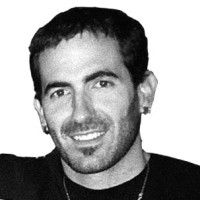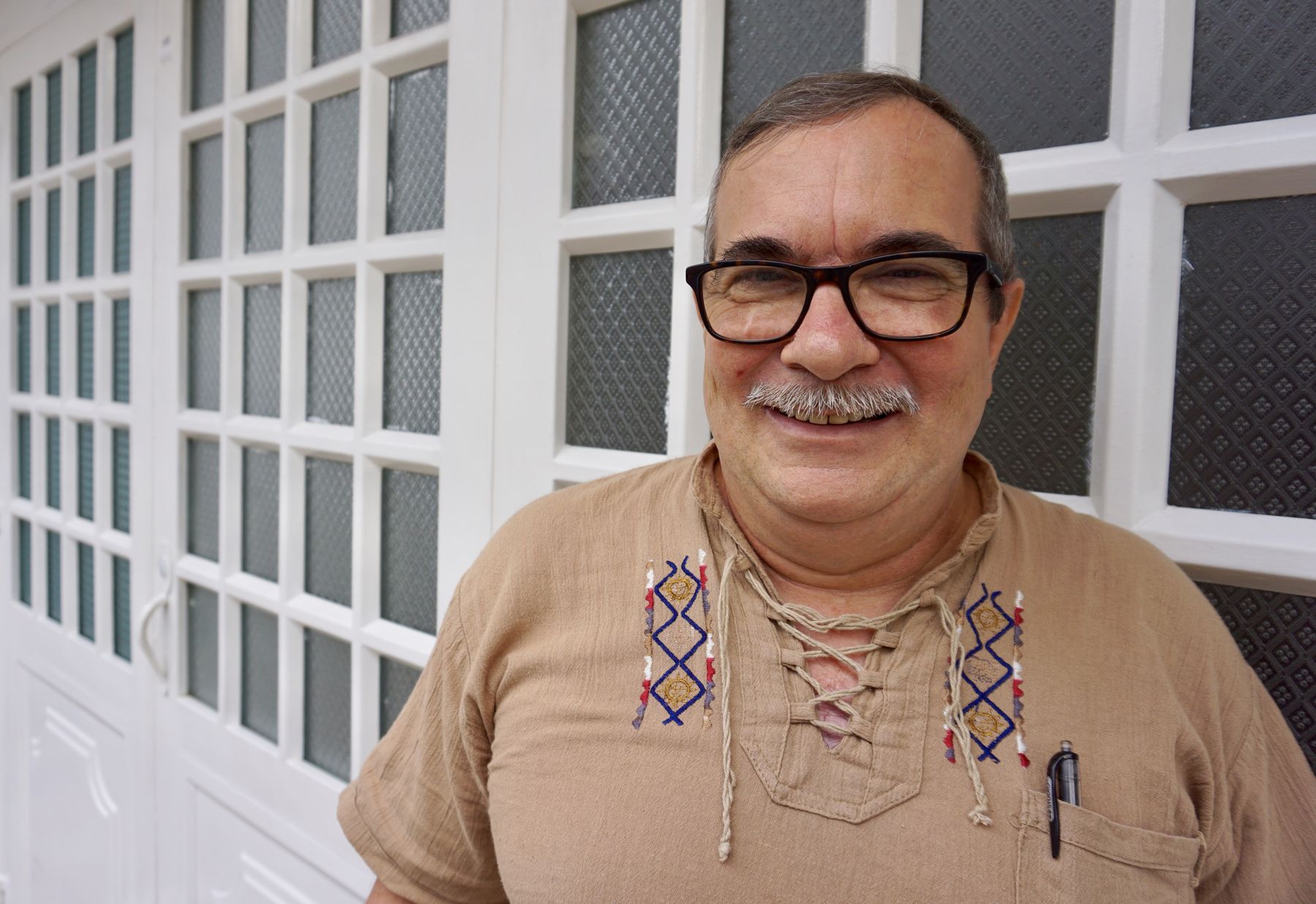FARC leader Jesús Santrich is at liberty
- The leader of the FARC has been released this Thursday by the Colombian Supreme Court. An American judge has served one year in jail on charges of drug trafficking. The Peace Agreement remains in a critical situation and tensions within the FARC are very high.

Jesús Santrich, one of the main leaders of the FARC and parliamentarian in the Colombian Parliament, is now at liberty. The Supreme Court has ordered his release, contrary to the Office of the Prosecutor. The Supreme has held that Santrich is a parliamentarian even if he has not formally taken office, as he is in prison. That he is apprehended, therefore, and that the Supreme should judge him for the crimes charged to him.
The last movement of a long party is, at the moment, the liberation of Santrich. The former guerrilla was imprisoned on April 9, 2018 at the request of a U.S. judge. The United States accuses him of being related to a shipment of ten tons of cocaine. Presumably a crime committed after the signing of the Peace Accords. Santrich has denied everything from the very beginning, and he carried out a long hunger strike in prison, which endangered his life. On 15 May, the Special Justice for Peace, which emerged from the Peace Accords, ordered the release of Santrich. One of the points agreed upon in the Peace Accords is the guarantee that it will not be extradited. The President of Cologne, Ivan Duque, opposed the decisions taken and the Minister of Justice, among other actions, presented his resignation as a protest. Two days later, shortly after being released, Santrich was again imprisoned by order of the Prosecutor’s Office on the same prison portal. He is now at liberty by order of the Supreme Court.
The FARC has been defending the innocence of Santrich from the outset and has denounced that the indictment is an attack on the Peace Accords. In his first statements, Santrich insisted on his innocence and refused to condemn the murder. In this regard, it has reiterated its commitment to the Peace Accords and has shown its readiness to continue to cooperate with the Special Justice for Peace. He denies the drug trafficking charged to him, with the following statements that sparked the controversy: “Through the noses of those who accuse me of drug trafficking, more cocaine has gone through than through my hands.”
Santrich: “Through the noses of those who accuse me of drug trafficking, more cocaine has gone through than through my hands.”
The Kinkan Peace Accords, internal confrontations in the FARC
The events surrounding Santrich are not isolated. The Peace Accords signed in Havana by the FARC and the State of Colombia are in a critical situation. The State still fails to fulfil many of the economic, political or social points on which the agreements are based. Since its signing in November 2016, a total of 129 former guerrillas and dozens of social, trade union and indigenous activists have been killed. The New York Times magazine has denounced that the military is paid on the basis of the number of people killed under the Duke's government to foster an image of effectiveness. Like "false positives" of Uribe's time.
The political situation has unleashed tensions and conflicting positions within the FARC. Some of the top leaders of the FARC have gone underground, denouncing that they are at risk of their lives. Among them, Iván Márquez, who was the head of the FARC delegation to the negotiating process in Havana. On 20 May, a public letter was published together with several commanders of the time of the guerrillas. Demonstrators have described as "serious error" the fact of leaving arms unsecured to a "fraudulent state", so they have apologised to all former guerrillas and ex-guerrillas. The FARC president, Timochenko, has strongly criticised Márquez for this letter, which publicly represents the internal breakdown of the FARC.
Santrich has gone to the FARC headquarters after being released and has subsequently been arrested. Timochenko was not among the attendees. In his statements at EiTB headquarters, Márquez framed the other clandestine members of the Peace Accords. He has also stated that he will try to "give assurances" to Márquez so that he can "opt for peace and political normalisation".
2019an Ivan Duqueren Kolonbiako Gobernuak bake elkarrizketak apurtu arren, ELN erakundeko gerrilari talde batek bakegintzan lanean dihardu Kuban. Habanatik erantzun dizkigu galderak Askapen Nazionalerako Armadaren Komando Zentraleko kide eta negoziazio taldeko buru Pablo... [+]
Kolonbiako Gobernuak hartutako erabaki batek hautsak harrotu ditu berriki: Jorge Rodrigo Tovar aukeratu dute biktimen koordinatzaile kargurako, Jorge 40 ezizenez ezagutzen den buruzagi paramilitarraren semea. Haren agindupean torturatu eta hil zituzten biktimen familien samina... [+]





















